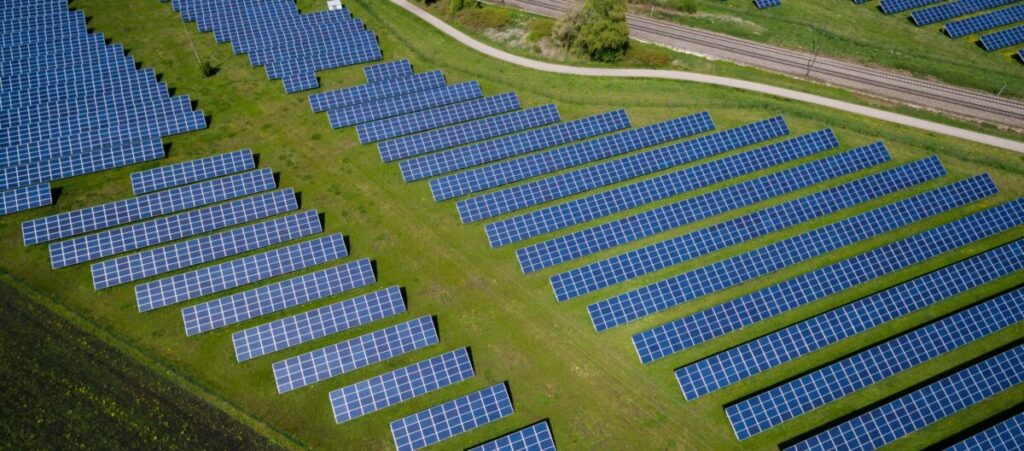
As the world moves towards renewable energy, tribal nations are in a unique position to unlock energy sovereignty and improve the lives of their people. Renewable energy can provide tribal nations with the ability to take control of their energy supply and provide access to clean and reliable energy to their communities.
One of the key benefits of renewable energy for tribal nations is the ability to reduce dependence on fossil fuels. According to a study by the National Renewable Energy Laboratory, renewable energy can reduce dependence on fossil fuels by up to 80%. This can provide tribal nations with greater energy security and decrease their vulnerability to power outages.
Another benefit of renewable energy for tribal nations is the ability to reduce energy costs. According to a study by the National Renewable Energy Laboratory, the levelized cost of energy (LCOE) for renewable energy is often lower than the LCOE for fossil fuels. This is particularly true for solar and wind energy, which have seen significant cost reductions in recent years. As a result, renewable energy can provide tribal nations with a more affordable and sustainable energy supply.
Renewable energy can also provide economic benefits for tribal nations. According to a study by the National Renewable Energy Laboratory, renewable energy can support job creation and economic development. For example, a 100 megawatt wind farm can create up to 500 jobs during construction and 30-50 permanent jobs during operation. In addition, renewable energy can also provide revenue for tribal nations through power purchase agreements and leasing agreements.
In addition, renewable energy can also improve the quality of life for tribal nations. According to a study by the National Renewable Energy Laboratory, renewable energy can improve access to clean and reliable energy, which can support health and education in the community. Furthermore, renewable energy can also help to reduce air and water pollution, which can benefit the health and well-being of tribal nations.
In conclusion, renewable energy is unlocking energy sovereignty for tribal nations and changing lives. Renewable energy can provide tribal nations with greater energy security, reduce energy costs, support economic development, and improve the quality of life. As the world moves towards renewable energy, tribal nations will play an increasingly important role in ensuring that all communities have access to clean and reliable energy.

